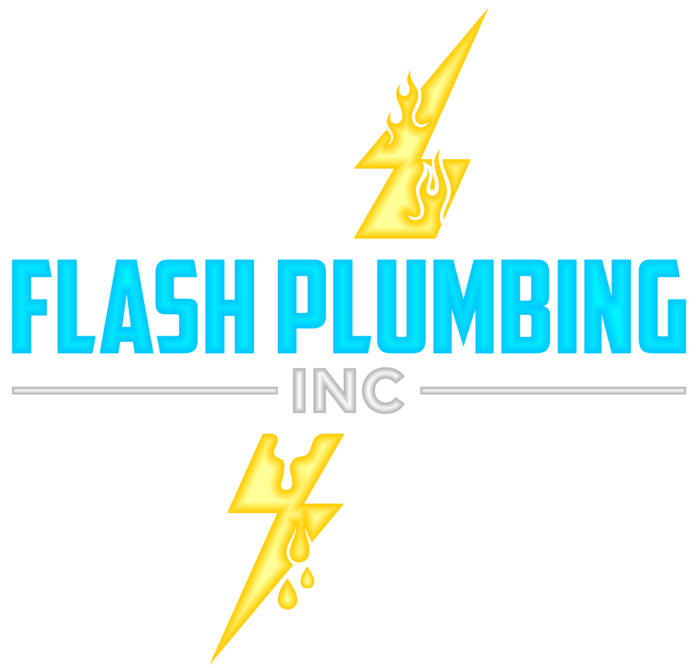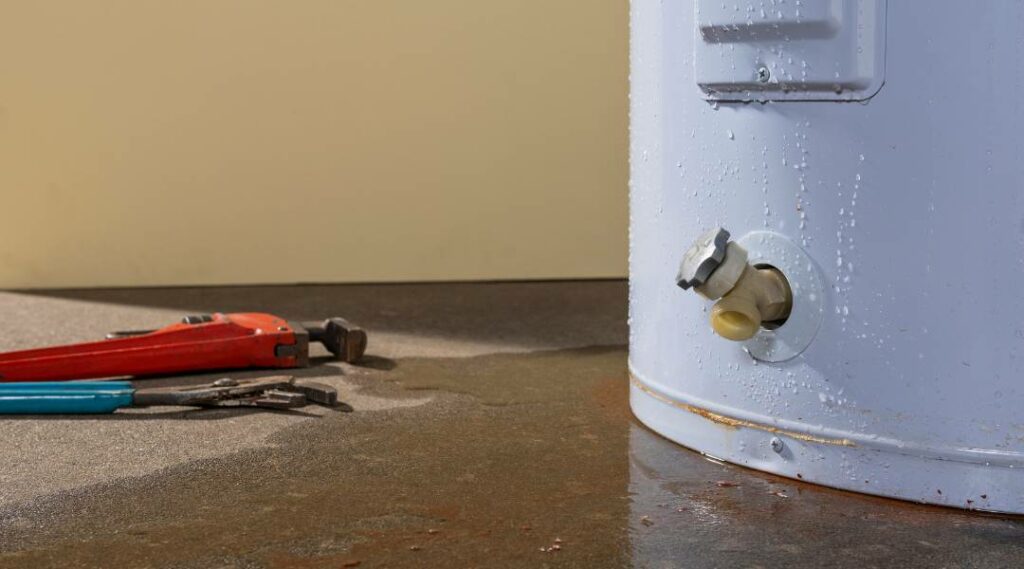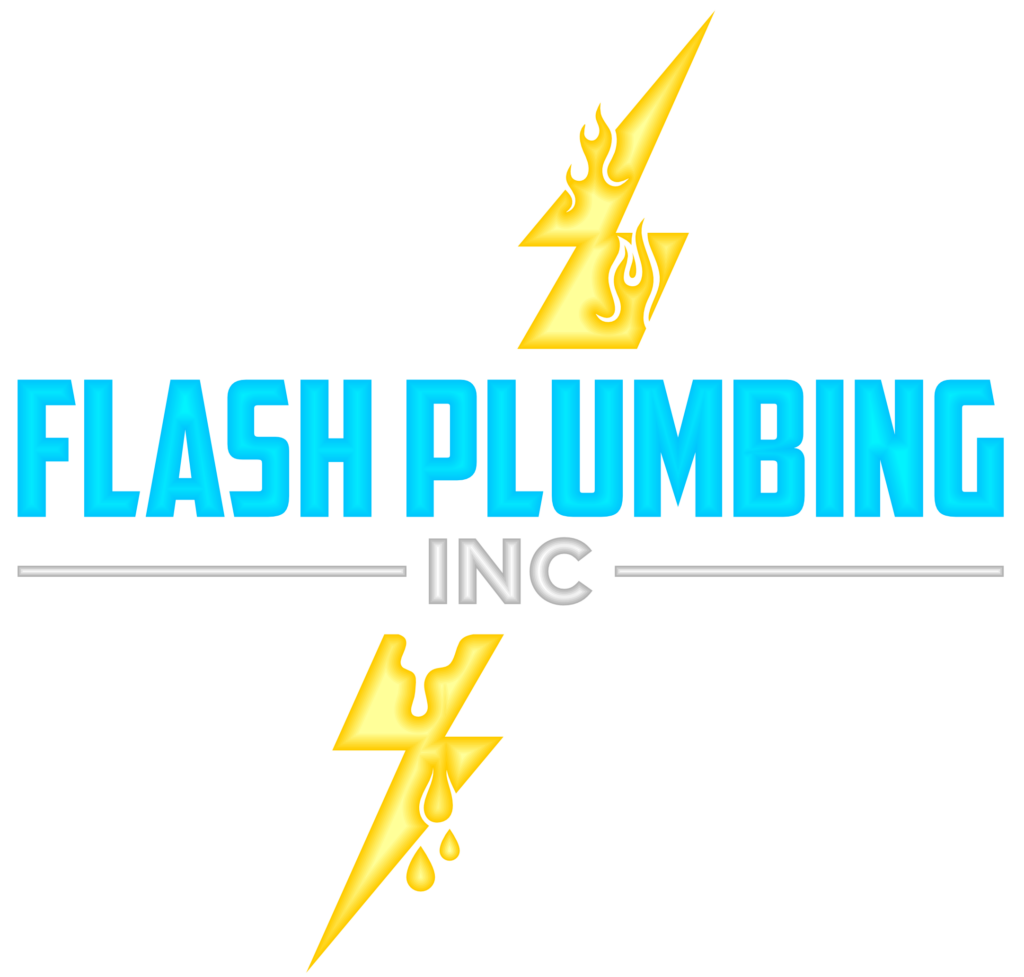Dealing with a leaking water heater can trigger immediate stress, but it helps to start by identifying the real culprit behind the leakage. Sometimes, what seems like a leak might actually be condensation—a common scenario in both gas and electric water heaters. For instance, high-efficiency gas models often produce condensate that mimics leaks.
By wiping up any water and temporarily shutting off your unit, you give yourself a chance to observe if moisture returns without new input: no new wetness typically means condensation is at play. Similarly, an electric heater in cool surroundings may sweat, too; observing consistent moisture return on its surface after wiping suggests harmless sweating rather than leaks. Before leading towards repair thoughts or panic calls for help, ensure other potential sources—like HVAC systems or connected appliances—aren’t misleading you away from simpler solutions.
Identify the Leak Source
To pinpoint a leak in your water heater, first rule out other water sources. Condensation is often mistaken for leaks. Gas heaters might condense, appearing as leakage—simply drying the area and turning off the gas for hours can confirm this if it remains dry.
Similarly, electric units in cool spaces may also show condensation; observe if moisture returns evenly after wiping down. Ensure that no dripping derives from HVAC systems or plumbing nearby, which could falsely signal a heater issue. Once these are excluded and with power safely cut—gas or electricity, depending on your unit—it’s essential to identify whether issues like damaged valves or tank corrosion exist.
Assessing further without expertise? This calls for professional insight into potentially complex problems within fittings, pipes, tanks or installation errors that only worsen over time—a step crucial not just for safety but preserving home integrity too. For expert help visit water heater repair, ensuring secure and proficient attention to any underlying complexities likely beyond DIY fixes.
Schedule Regular Maintenance Checks
To prevent your water heater from leaking, it’s crucial to conduct regular maintenance. This includes inspecting and cleaning the tank annually. Over time, parts like the drain valve may wear out or loosen, causing leaks.
Tighten them with care but avoid overdoing them, as this could worsen the problem. Moreover, insulating both supply and drainage pipes can help maintain temperature levels and reduce leakage risks by preventing condensation. Maintenance checks should cover all plumbing aspects, including potential weak spots that might lead to future leaks.
Drain the tank yearly to remove debris buildup and minimize cracking chances. Only skilled professionals should perform these tasks for safety and efficiency.
Consider Professional Repair Services
When you spot a leak, pinpointing its source is crucial but can be difficult. If it’s from the top, tightening inlet and outlet connections might help, or replacing a faulty temperature and pressure relief valve could solve the issue. Leaks coming from the bottom may indicate more serious problems like cracks in the tank itself necessitating replacement or issues with a loose drain valve that needs fixing.
Don’t overlook signs such as corrosion, rust, moisture around your water heater, or sounds of dripping water—these are giveaways that something’s wrong. If you are uncertain about repairs versus replacements, always consider professional advice. Ignoring leaks isn’t wise, so if unsure, call experienced plumbers for inspection and repair.









